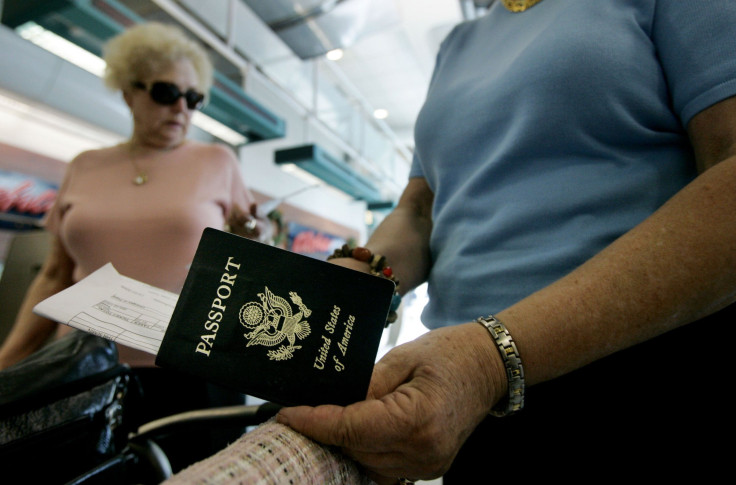'Worldwide' Travel Alert Update: Africa's Struggling Tourism Industry Slams Obama Administration

Africa’s struggling tourism industry has reacted with outrage this week over a “worldwide” travel alert recently issued by the U.S. State Department following the deadly terrorist attacks in Mali, Egypt and France, according to News 24. David Frost, CEO of the Southern African Tourism Services Association in Randburg, South Africa, said the blanket warnings are “never helpful” to travelers nor to African tourist destinations. Jeff Chatterton, owner of global crisis communications consultancy Checkmate Public Affairs, slammed the alert as “completely useless.”
“It’s useless. Absolutely, completely useless,” Chatterton wrote in an op-ed for ETN Global Travel Industry News. “The State Department is warning you about absolutely nothing, and absolutely everything, all at the same time. The alert is not location specific. It’s not event specific. ”
U.S. President Barack Obama's administration issued the rare global travel alert on Nov. 23, warning all American travelers about the increased terror threats from al-Qaeda, Boko Haram and the Islamic State group as well as copycats. The last time the U.S. State Department issued a similar worldwide alert was in December 2014.
"U.S. citizens should exercise vigilance when in public places or using transportation," the alert said. "Be aware of immediate surroundings and avoid large crowds or crowded places. Exercise particular caution during the holiday season and at holiday festivals or events."
The State Department’s warning followed a string of fatal attacks around the world. Russian President Vladimir Putin said last month that a commercial airliner flying over Egypt’s Sinai desert was bombed in a terrorist attack on Oct. 31, killing all 224 people on board. A U.S. intelligence analysis suggested the Islamic State group brought down the passenger jet, according to CNN.
ISIS also claimed responsibility for a series of coordinated attacks in Paris on Nov. 13 that left at least 130 people dead and hundreds more wounded. Days later, gunmen stormed a hotel in Mali’s capital city of Bamako on Nov. 20, taking about 100 people hostage and killing more than two dozen. At least two groups, Al Murabitoon and Ansar al-Dine, have claimed responsibility for the attack and both are affiliated with al-Qaeda.
A global survey released last month by the CMO Council’s GeoBranding Center and AIG Travel showed that more than half of travelers trust government alerts above all other sources when deciding on safe travel destinations. The survey also found that half of the potential travelers to Africa are avoiding the massive continent due to fears of personal safety, violence and diseases like Ebola. One in four travelers changed or cancelled their vacation plans in the past year over safety concerns.
Africa’s tourism industry is struggling to address this sharp drop in foreign leisure travel. International arrivals in Africa have already dropped 6 percent this year, including 5 percent for sub-Saharan Africa, according to the World Tourism Organization.
“This has been a devastating year for African tourism,” Nigel Vere Nicoll, CEO of Africa Travel & Tourism and a member of the United Nations Tourism Emergency Response Network, said in a statement in November. “Many of our members saw a 30 percent drop-off, so we believe the impact has been far more severe than what the [World Tourism Organization] has reported."
© Copyright IBTimes 2024. All rights reserved.





















